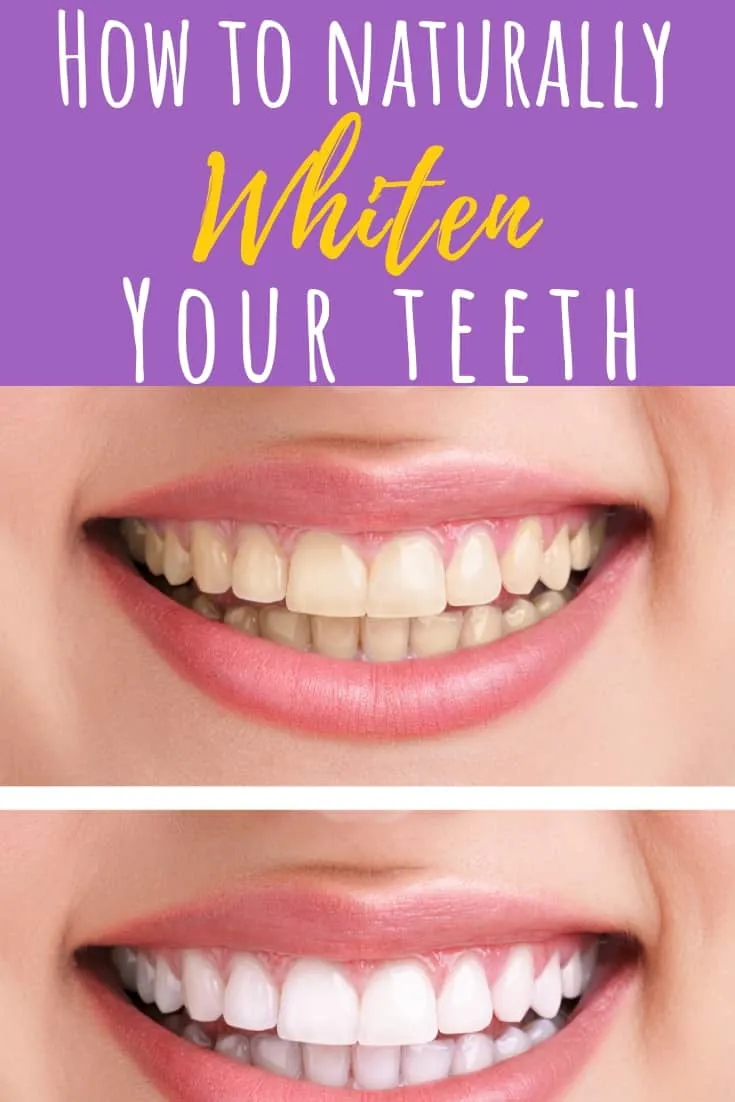What is Homemade Teeth Whitening Powder
Homemade teeth whitening powder is a cost-effective and natural alternative to commercial teeth whitening products. These powders are typically made with simple ingredients like baking soda, activated charcoal, turmeric, and coconut oil, which can be found in most households or easily purchased at health food stores. The primary goal of these powders is to remove surface stains and brighten the appearance of your teeth. Unlike many store-bought products, homemade versions often steer clear of harsh chemicals and additives, making them a potentially gentler option for those with sensitive teeth. By utilizing the abrasive qualities of certain natural substances, these powders work to gently scrub away stains caused by coffee, tea, wine, and other common culprits. Moreover, the ingredients often offer additional benefits like antibacterial properties and enamel strengthening. This approach allows individuals to take control of their oral hygiene, customizing ingredients to fit their specific needs and preferences.
Benefits of Using Homemade Teeth Whitening Powder
The benefits of using homemade teeth whitening powder extend beyond just a brighter smile. The primary advantages include cost-effectiveness, the avoidance of harsh chemicals, and the ability to customize the ingredients. Homemade powders are significantly cheaper than professional treatments or even over-the-counter whitening products, making them an accessible option for anyone looking to improve their smile without breaking the bank. Moreover, by controlling the ingredients, you can avoid potentially harmful additives found in commercial products, such as harsh bleaching agents and artificial flavors. This is particularly beneficial for people with sensitive teeth or allergies. Furthermore, the ability to customize your powder allows you to tailor the mixture to your unique needs. You can adjust the concentration of ingredients based on the desired level of whitening and sensitivity, ensuring a more comfortable and effective experience.
Cost-Effective Teeth Whitening
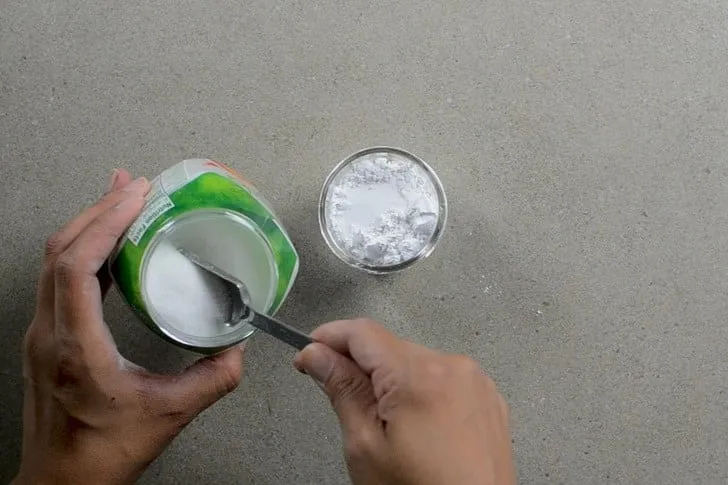
One of the most significant advantages of homemade teeth whitening powder is its affordability. The ingredients, such as baking soda, activated charcoal, and turmeric, are inexpensive and readily available. A small amount of these ingredients can go a long way, making homemade powder a budget-friendly alternative to professional teeth whitening treatments or expensive over-the-counter products. The cost savings can be substantial, especially for those who regularly use whitening products. By making your own powder, you avoid the recurring expenses associated with purchasing commercial products, and you also reduce the environmental impact of packaging waste. This makes it an economical and sustainable option for maintaining a brighter smile without compromising your budget.
Natural Ingredients for a Healthier Smile
Homemade teeth whitening powders often utilize natural ingredients, offering a healthier approach to brightening your smile. Ingredients like baking soda and activated charcoal are known for their gentle abrasive properties, effectively removing surface stains without the harshness of chemical bleaches. Coconut oil can be added for its antibacterial and anti-inflammatory benefits, contributing to overall oral health. Turmeric, while potentially staining, possesses anti-inflammatory and antioxidant properties, which may benefit the gums. These natural ingredients are generally considered to be gentler on tooth enamel than the chemicals found in many commercial products. This approach supports long-term oral health while providing a brighter smile. Choosing natural ingredients allows you to avoid the potential side effects and sensitivities that can be caused by artificial additives and harsh chemicals.
Customizable Recipes for Sensitive Teeth
For those with sensitive teeth, the ability to customize the recipe is a significant advantage of homemade teeth whitening powder. Commercial products often contain ingredients that can irritate sensitive gums or cause discomfort. By creating your own powder, you have complete control over the ingredients and their concentrations. You can reduce or eliminate abrasive components like baking soda, if necessary. You can also add soothing ingredients such as coconut oil or aloe vera, which have anti-inflammatory properties. This level of customization allows you to create a formula that is gentle yet effective, minimizing sensitivity and discomfort. This tailored approach ensures that individuals with sensitive teeth can achieve a brighter smile without sacrificing their oral health or experiencing pain.
Avoiding Harsh Chemicals and Additives
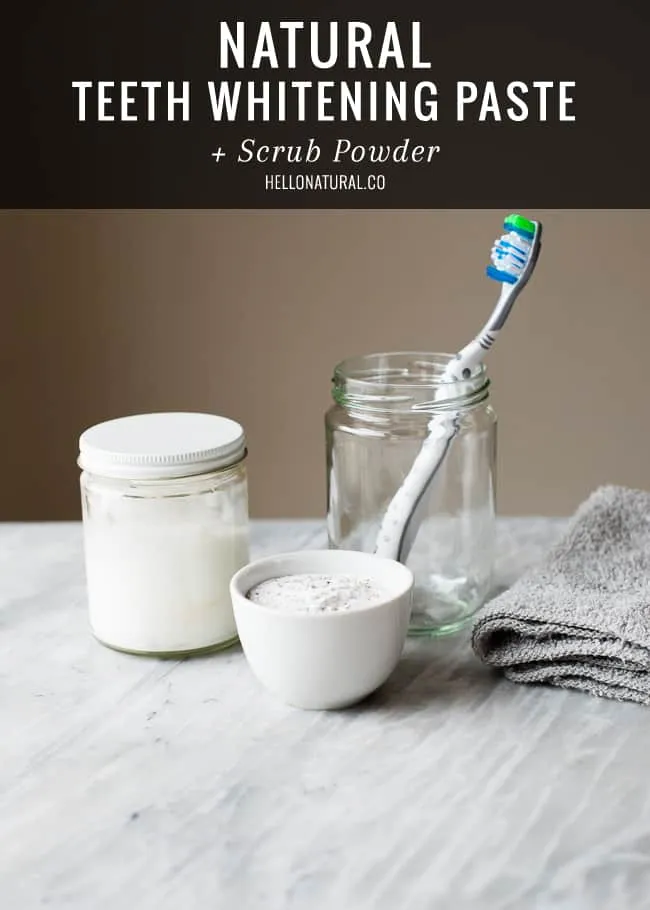
Many commercial teeth whitening products contain harsh chemicals, such as hydrogen peroxide, which can cause tooth sensitivity and enamel erosion. Homemade teeth whitening powders offer a way to avoid these potentially harmful substances. By creating your own powder, you have complete control over the ingredients and can opt for natural alternatives that are gentler on your teeth and gums. This approach reduces the risk of side effects such as increased sensitivity, gum irritation, and enamel damage. Furthermore, you can avoid artificial flavors, colors, and preservatives often found in store-bought products. This makes homemade powders a safer and more natural option for those seeking to improve their smile without compromising their oral health. The elimination of these chemicals is particularly beneficial for individuals with sensitive teeth, allergies, or a general preference for natural products.
How to Make Your Own Teeth Whitening Powder
Making your own teeth whitening powder is a simple process that allows you to tailor the ingredients to your specific needs. Generally, the process involves selecting your ingredients, mixing them in the right proportions, and storing the powder properly. To begin, choose your base ingredients, such as baking soda, which acts as a mild abrasive, and then select additional ingredients based on their benefits. Once you have your ingredients, combine them in a small bowl or container. A common ratio is equal parts baking soda and activated charcoal, with a pinch of turmeric for added benefits. Mix the ingredients thoroughly until they are well combined and ensure that all powders are finely ground to avoid scratching your teeth. Finally, store the powder in an airtight container to maintain its freshness and prevent clumping. This ensures that your homemade whitening powder is always ready for use, whenever you need a brighter smile.
Common Ingredients and Their Properties
The effectiveness of homemade teeth whitening powder largely depends on the ingredients used. Baking soda is a staple due to its mild abrasive properties, helping to scrub away surface stains. Activated charcoal is another popular choice, known for its ability to absorb stains and toxins. Turmeric, with its vibrant color, can help to reduce inflammation, although it can also stain teeth if not used carefully. Coconut oil is often included for its antibacterial and moisturizing properties, aiding in the removal of bacteria and plaque. Other ingredients like bentonite clay can also be used as a mild abrasive and to draw out impurities. The combination and proportions of these ingredients can be adjusted based on your needs. Experimenting with different combinations helps to find the perfect blend for your oral health and desired level of whitening.
Baking Soda
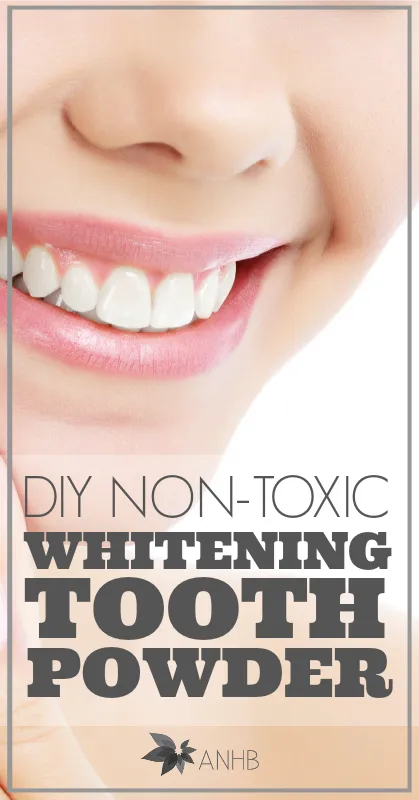
Baking soda, or sodium bicarbonate, is a key ingredient in many homemade teeth whitening powders due to its mild abrasive properties. It helps to gently scrub away surface stains from teeth, such as those caused by coffee, tea, and other foods and drinks. Baking soda also has a slight alkaline effect, which can neutralize acids in the mouth, helping to reduce the risk of tooth decay and promoting a healthier oral environment. While effective, it is important to use baking soda in moderation, as excessive use can potentially erode tooth enamel. When making your powder, a small amount of baking soda can be mixed with other ingredients like activated charcoal or coconut oil to create a balanced and effective formula. This makes it a versatile and essential ingredient for DIY teeth whitening recipes, which effectively promotes cleaner and whiter teeth.
Activated Charcoal
Activated charcoal is a popular ingredient in teeth whitening powders due to its ability to absorb stains and toxins. It is made by heating carbon-rich materials, such as coconut shells or wood, to high temperatures, which activates it and increases its surface area. This porous nature allows the charcoal to attract and bind to stains, helping to remove them from the surface of the teeth. While effective at removing surface stains, it is important to note that activated charcoal is not a bleaching agent and will not change the intrinsic color of your teeth. It is also essential to choose a high-quality activated charcoal made for oral use. Use it in moderation to prevent potential enamel erosion, and always consult a dental professional if you have any concerns. Activated charcoal can be an excellent addition to teeth whitening powder, providing a natural way to enhance your smile by removing surface stains.
Turmeric
Turmeric, a spice known for its vibrant yellow color, is included in some homemade teeth whitening powders for its anti-inflammatory and antioxidant properties. It is believed to help reduce inflammation in the gums and may contribute to overall oral health. However, turmeric can also stain teeth if not used carefully. When incorporating turmeric into your powder, it’s important to use a small amount and rinse your mouth thoroughly after brushing. Some users combine turmeric with coconut oil to help reduce staining and enhance its effectiveness. While the scientific evidence supporting turmeric’s teeth whitening capabilities is limited, it is a safe and natural ingredient that can add additional health benefits to your oral hygiene routine. When combined with other ingredients, turmeric offers a holistic approach to teeth whitening, aiming for brighter teeth and overall health.
Coconut Oil
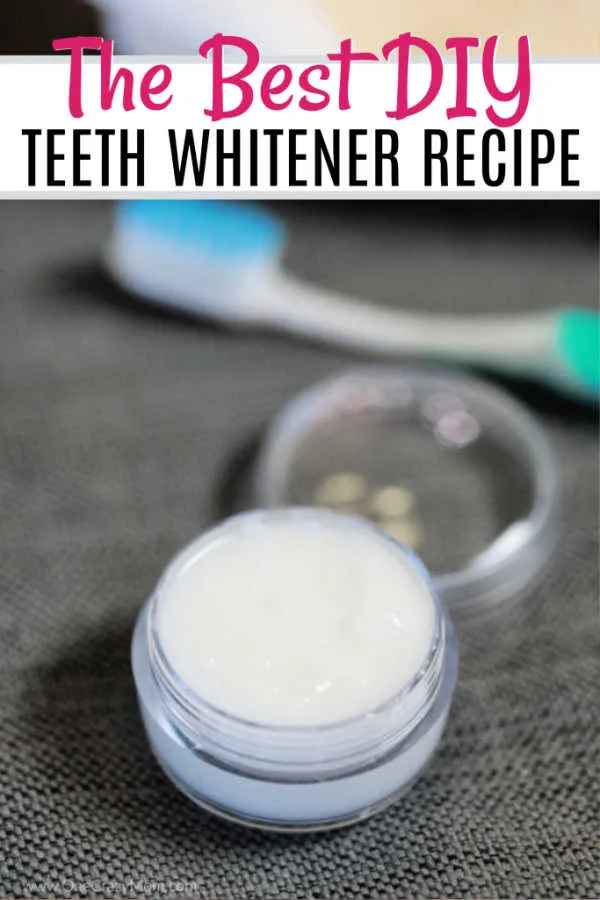
Coconut oil is frequently added to homemade teeth whitening powders for its antibacterial and moisturizing properties. It contains lauric acid, which has been shown to kill harmful bacteria in the mouth, promoting better oral health. Coconut oil also helps to moisturize and soothe gums, reducing irritation and dryness. It acts as a binding agent, helping to hold the other ingredients together and making the powder easier to apply. Some people practice oil pulling with coconut oil, claiming it can help whiten teeth. In a teeth whitening powder, coconut oil can help to protect teeth from sensitivity. Choosing high-quality, organic, and virgin coconut oil ensures the best results, contributing to both the whitening effect and the overall health of your mouth. This makes it a versatile addition that can improve the efficacy of homemade teeth whitening powders.
How to Use Homemade Teeth Whitening Powder
Using homemade teeth whitening powder is a straightforward process, but it’s important to do it correctly to ensure safety and effectiveness. Begin by wetting your toothbrush with water. Then, dip the damp bristles into the powder, ensuring you don’t overload the brush. Gently brush your teeth using small, circular motions, paying attention to all surfaces of your teeth. It’s recommended to brush for about two minutes, just like you would with regular toothpaste. After brushing, rinse your mouth thoroughly with water until all the powder is removed. Avoid swallowing any of the powder. For optimal results, follow up with your regular oral hygiene routine, including flossing and brushing with a fluoride toothpaste. This helps remove any remaining debris and strengthens your teeth. Using the right brushing technique and rinsing properly are crucial steps for effective results and can help to improve your smile.
Step-by-Step Application Guide
To effectively use homemade teeth whitening powder, start by preparing your toothbrush. Wet your toothbrush, then lightly dip the bristles into the powder, taking care not to overload the brush. Begin brushing your teeth with gentle, circular motions. Ensure you cover all surfaces of your teeth, including the front, back, and chewing surfaces. Brush for about two minutes, maintaining a consistent and gentle pressure. After brushing, thoroughly rinse your mouth with water several times until all traces of the powder are gone. It’s advisable to brush with a fluoride toothpaste after the whitening powder to help remineralize the enamel. This sequential approach ensures thorough cleaning and helps to avoid any potential side effects. By following these steps, you can maximize the benefits of your homemade whitening powder, achieving a brighter and healthier smile.
Frequency and Duration
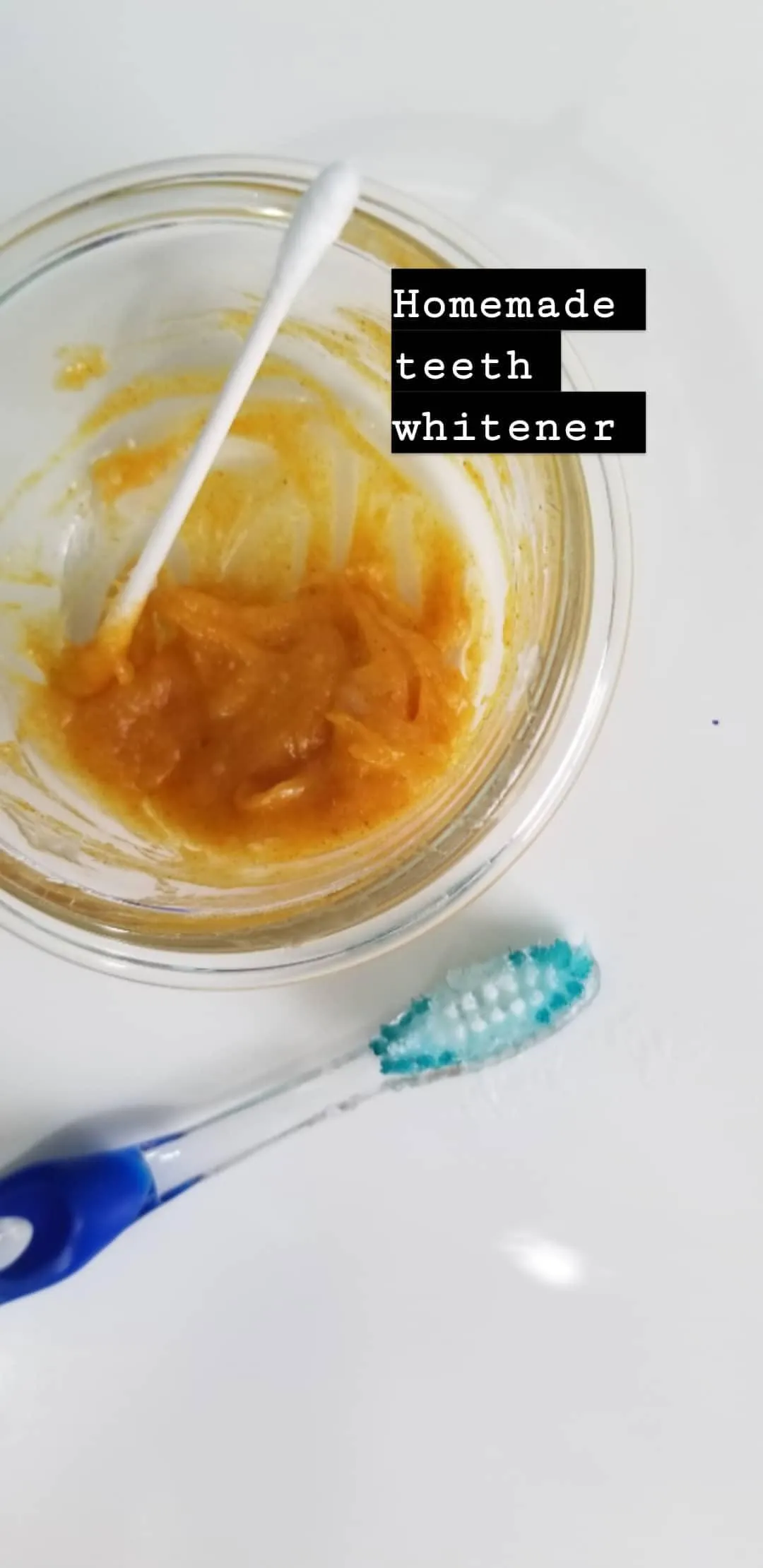
The frequency and duration of using homemade teeth whitening powder are crucial to achieving desired results and avoiding potential side effects. It is generally recommended to use homemade teeth whitening powder once or twice a week. Overuse can lead to enamel erosion and increased sensitivity. The duration of brushing should be similar to your normal brushing routine, about two minutes. Brushing for longer periods does not necessarily increase the whitening effect and may cause harm. It’s important to monitor your teeth for any signs of sensitivity or discomfort and adjust the frequency and duration accordingly. If you experience any adverse effects, reduce the frequency of use or consult with your dentist. Regular dental check-ups can also help assess the condition of your enamel and ensure the safe and effective use of homemade teeth whitening powder.
Potential Side Effects and Precautions
While homemade teeth whitening powder can be effective, it is important to be aware of potential side effects and take necessary precautions. The main risks include increased tooth sensitivity and enamel erosion, especially if the powder is used too frequently or with excessive force. Some ingredients, like baking soda and activated charcoal, can be abrasive and wear down the enamel over time. It’s essential to use these powders in moderation and to brush gently. Be mindful of gum irritation, particularly if you have sensitive gums, as certain ingredients may cause irritation. Always rinse your mouth thoroughly after brushing and use fluoride toothpaste to help remineralize the enamel. If you experience any discomfort or sensitivity, discontinue use and consult with a dentist. Regular dental check-ups and professional guidance can help you use homemade teeth whitening powder safely and effectively.
Sensitivity Concerns
One of the main potential side effects of using homemade teeth whitening powder is increased tooth sensitivity. The abrasive nature of some ingredients, such as baking soda and activated charcoal, can wear down the enamel over time. This exposes the underlying dentin, which contains tiny tubules that lead to the nerve of the tooth, causing sensitivity to hot, cold, sweet, or acidic foods and drinks. To mitigate this, use the powder sparingly, and brush gently. Choose formulations with less abrasive ingredients and consider adding ingredients like coconut oil to help soothe and protect your teeth. Using a fluoride toothpaste after brushing with the whitening powder can help remineralize the enamel, reducing sensitivity. If you experience increased sensitivity, reduce the frequency of use or consult with your dentist. Professional guidance is crucial to prevent further damage and maintain your oral health.
Enamel Erosion
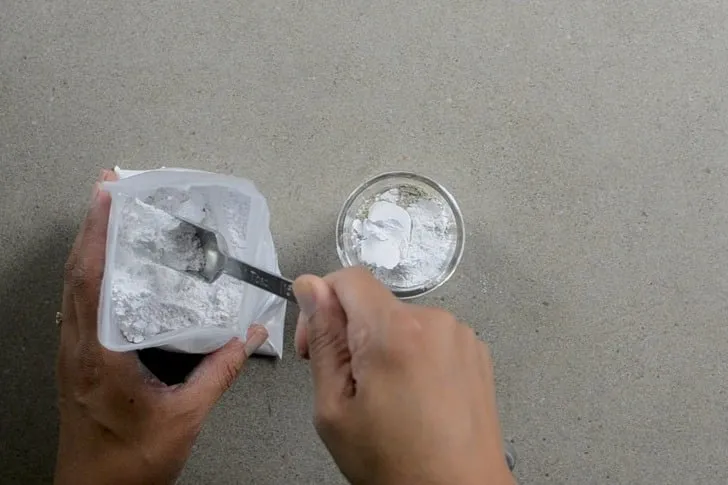
Enamel erosion is a significant concern when using homemade teeth whitening powder, as certain ingredients can be abrasive and wear away the protective enamel layer of your teeth. The long-term consequences of enamel erosion include increased tooth sensitivity, susceptibility to cavities, and a change in the appearance of your teeth. To minimize the risk of enamel erosion, always brush gently, using a soft-bristled toothbrush, and avoid excessive pressure. Use the powder in moderation, typically once or twice a week. Choose formulations with less abrasive ingredients and those that include enamel-strengthening components. After brushing with the whitening powder, brush with a fluoride toothpaste to help remineralize the enamel and protect your teeth. Regular dental check-ups are also essential for monitoring the condition of your enamel and receiving professional advice on your oral hygiene routine. These preventive measures can ensure you can safely achieve a brighter smile.
Homemade Teeth Whitening Powder vs Professional Treatments
When comparing homemade teeth whitening powder to professional treatments, it’s important to consider several factors. Homemade powders are generally less expensive and easier to access, as the ingredients are readily available. However, professional treatments, such as those provided by a dentist, typically yield faster and more dramatic results. Professional treatments use higher concentrations of whitening agents, such as hydrogen peroxide, which can penetrate deeper into the enamel. They are also administered under controlled conditions, reducing the risk of side effects. The effectiveness of homemade powders can vary depending on the ingredients and individual oral health. If you have significant staining or are seeking a major improvement in your tooth color, professional treatments might be more suitable. However, if you are looking for a cost-effective way to maintain your smile and remove surface stains, homemade powders can be a viable option. It is always beneficial to discuss your goals with a dentist to determine the best approach for your situation.
Advantages and Disadvantages
The advantages and disadvantages of homemade teeth whitening powder and professional treatments must be carefully weighed to determine the most suitable option. Homemade powders offer cost savings, the ability to customize ingredients, and the avoidance of harsh chemicals. However, they may produce slower results and pose a risk of enamel erosion or sensitivity if used improperly. Professional treatments provide faster, more dramatic whitening results and are administered under professional supervision. However, they are more expensive and can sometimes cause increased sensitivity. The choice depends on your budget, desired results, and oral health. If you prioritize affordability and a natural approach, homemade powders may be a good option. If you require significant whitening and are willing to invest in professional care, a dentist-administered treatment is preferable. Consulting with a dentist will provide personalized recommendations and ensure a safe and effective teeth whitening strategy.
Cost Comparison
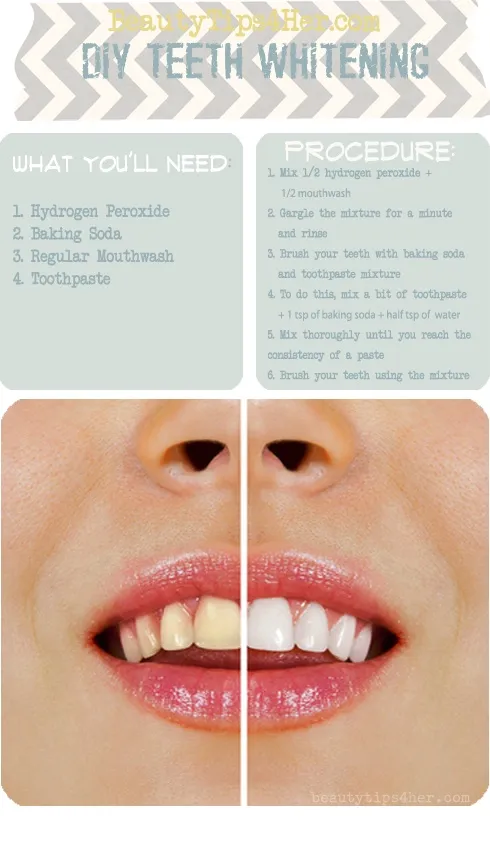
A comparison of the costs associated with homemade teeth whitening powder and professional treatments reveals significant differences. Homemade powders are considerably more affordable, as the ingredients are typically inexpensive and can be purchased in bulk. The cost of ingredients like baking soda, activated charcoal, and coconut oil is minimal compared to the price of professional treatments. Professional teeth whitening, performed by a dentist, involves the use of specialized equipment and stronger whitening agents, which results in higher costs. The price can range from several hundred to several thousand dollars, depending on the treatment method and the extent of whitening required. When considering cost, homemade powders offer a budget-friendly alternative, especially for regular use or maintenance. However, professional treatments may be a worthwhile investment for those seeking dramatic results quickly or for those with stubborn stains. Assessing your budget and desired outcomes is crucial in determining the most economical option for achieving a brighter smile.
Maintaining Your White Smile
Maintaining a white smile, whether achieved through homemade teeth whitening powder or professional treatments, requires a consistent oral hygiene routine and certain lifestyle adjustments. Regular brushing and flossing are essential for removing plaque, preventing stains, and promoting overall oral health. Using a fluoride toothpaste helps to strengthen enamel and protect against cavities. In addition to these, dietary choices also play a significant role. Limiting the consumption of staining foods and drinks, such as coffee, tea, red wine, and dark berries, can help to prevent discoloration. Avoiding tobacco products is crucial, as smoking and chewing tobacco can cause severe staining. Regular dental check-ups and professional cleanings are also important for removing stubborn stains and ensuring your oral health. Following these habits will help to keep your teeth bright, maintain your oral health, and enhance the effectiveness of your whitening efforts.
Oral Hygiene Routine
A consistent oral hygiene routine is the cornerstone of maintaining a white and healthy smile. The core of this routine is brushing your teeth at least twice a day for two minutes each time. Use a soft-bristled toothbrush to avoid damaging the enamel and brush all surfaces of your teeth. Flossing once a day is also essential to remove plaque and food particles from between your teeth, where a toothbrush cannot reach. This prevents the buildup of bacteria, which can lead to cavities and gum disease. In addition, using a fluoride toothpaste helps to strengthen the enamel and protect against decay. Consider incorporating an antibacterial mouthwash into your routine to further reduce bacteria and freshen your breath. Regular dental check-ups and professional cleanings are equally important. These measures will assist in preventing stains and ensuring your teeth stay bright and healthy.
Dietary Considerations
Dietary choices significantly impact the brightness of your smile, and making conscious food choices is crucial for maintaining white teeth. Certain foods and drinks are notorious for staining teeth, including coffee, tea, red wine, and dark-colored berries. Limiting the consumption of these items or drinking them through a straw can help to minimize staining. Moreover, foods that promote saliva production, such as apples and celery, can help to naturally clean your teeth. Maintaining a balanced diet that’s rich in calcium and other nutrients is also important for overall oral health. These nutrients strengthen the enamel and help to prevent erosion. Avoiding sugary snacks and drinks is also essential, as they contribute to tooth decay. Proper nutrition is crucial for maintaining a healthy, bright smile. Careful attention to what you eat and drink, along with proper oral hygiene, helps in protecting your teeth from discoloration and enhancing the effects of teeth whitening treatments.
